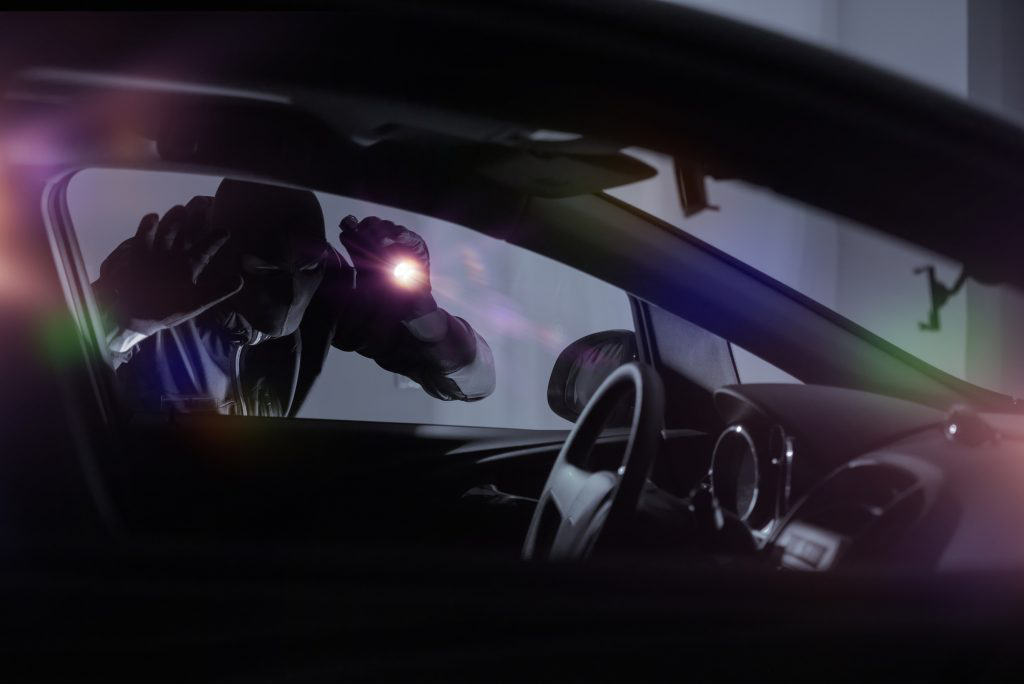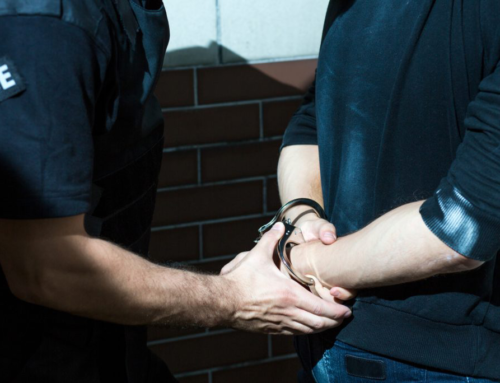 Did you know that 50 percent of all Americans’ faces are on file in police databases?
Did you know that 50 percent of all Americans’ faces are on file in police databases?
Impossible, you might say. There’s no way half of the country have been arrested and charged with crimes. But, according to a report from Georgetown Law’s Center on Privacy and Technology, whether you’ve committed a crime is unimportant. If you have a driver’s license, odds are that your face is in a searchable database.
Does this Big Brother-esque invasion of privacy violate your rights?
For many people, having their faces in a police database won’t have any tangible effect on their lives. But there are situations where this can be problematic. Say, for example, CCTV footage captures a robber holding up a store clerk at gunpoint. The police take the CCTV footage and try to match the robber’s face in either the criminal or DMV database. But, because these search algorithms are unreliable, your face comes up as a match. Sure, that’s not enough to convict you for something you didn’t do – but if they put out a warrant on you and you get pulled over for, say, a broken taillight, that can lead to an embarrassing arrest.
In some situations, these broad databases could be useful. But it is difficult to know when the system fails. In fact, when the Federal Bureau of Investigation tested their own databases and found that in every one out of seven searches, two to 50 innocent faces popped up. Additionally, the databases have trouble with darker skin tones, makeup and smoother faces – meaning people who fit those categories are more likely than others to be wrongfully identified as a suspect in a criminal case.
If you have been charged with criminal offenses in the Dallas-Fort Worth Metroplex, our law firm is ready to discuss your case with you.







